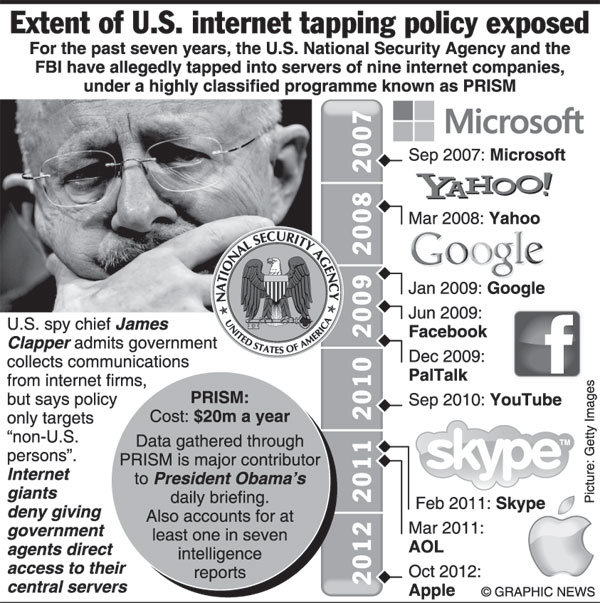Reply To:
Name - Reply Comment
Last Updated : 2024-04-20 00:00:00
.jpg) Edward Snowden, a young, well-paid part-timer working for the American NSA (National Surveillance Agency), could have led a comfortable life doing what he was doing – but he chose to become a whistle blower. After telling Britain’s The Guardian newspaper that the Obama administration was engaged in illegally gathering data on millions of people around the world, he fled to Hong Kong, hoping that he stood some chance there of fighting American requests for his extradition which were sure to follow.
Edward Snowden, a young, well-paid part-timer working for the American NSA (National Surveillance Agency), could have led a comfortable life doing what he was doing – but he chose to become a whistle blower. After telling Britain’s The Guardian newspaper that the Obama administration was engaged in illegally gathering data on millions of people around the world, he fled to Hong Kong, hoping that he stood some chance there of fighting American requests for his extradition which were sure to follow.
David Monday, 17 June 2013 09:35 AM
So have a clue...don't trust the government!.

Add comment
Comments will be edited (grammar, spelling and slang) and authorized at the discretion of Daily Mirror online. The website also has the right not to publish selected comments.
Reply To:
Name - Reply Comment
On March 26, a couple arriving from Thailand was arrested with 88 live animal
According to villagers from Naula-Moragolla out of 105 families 80 can afford
Is the situation in Sri Lanka so grim that locals harbour hope that they coul
A recent post on social media revealed that three purple-faced langurs near t